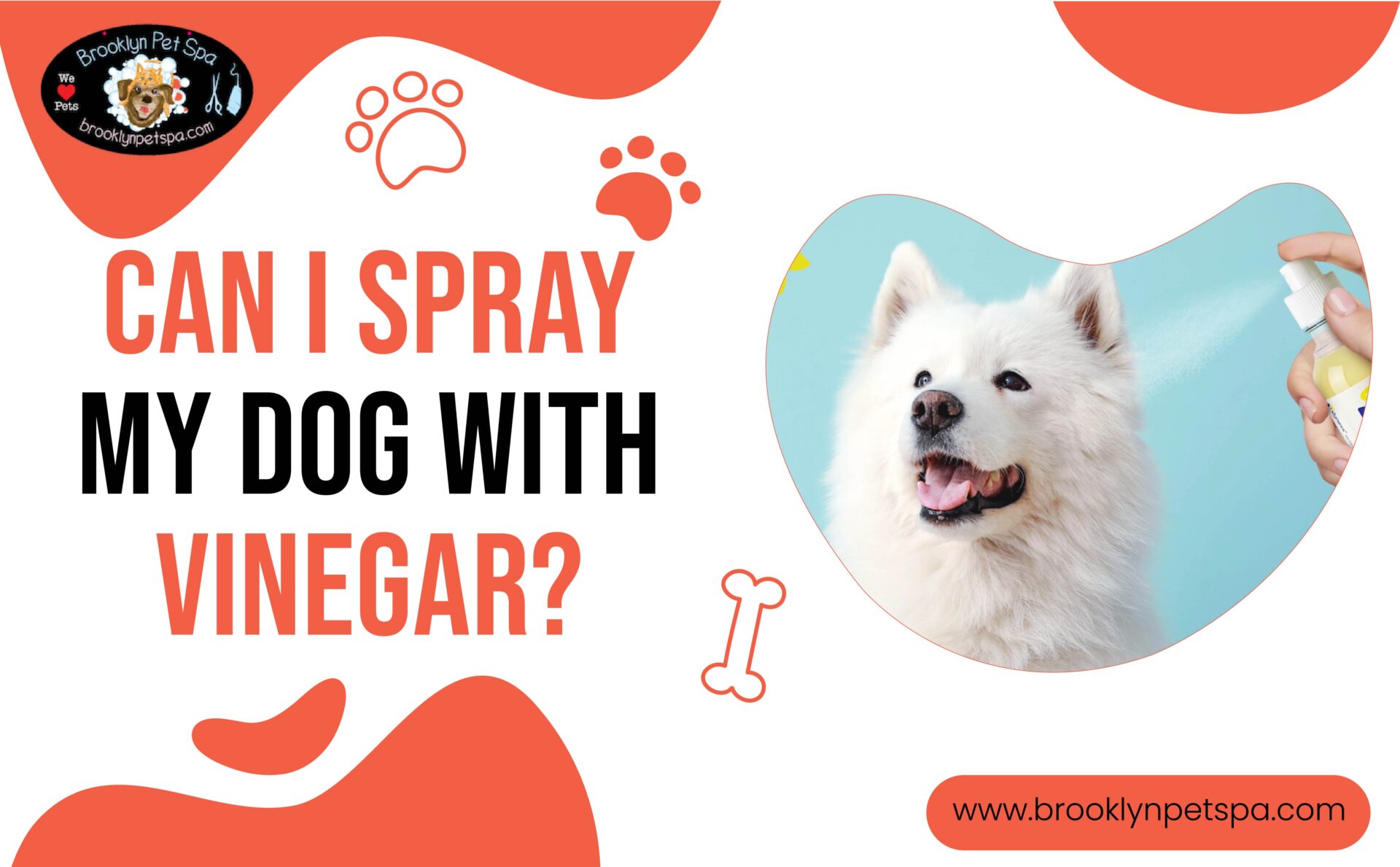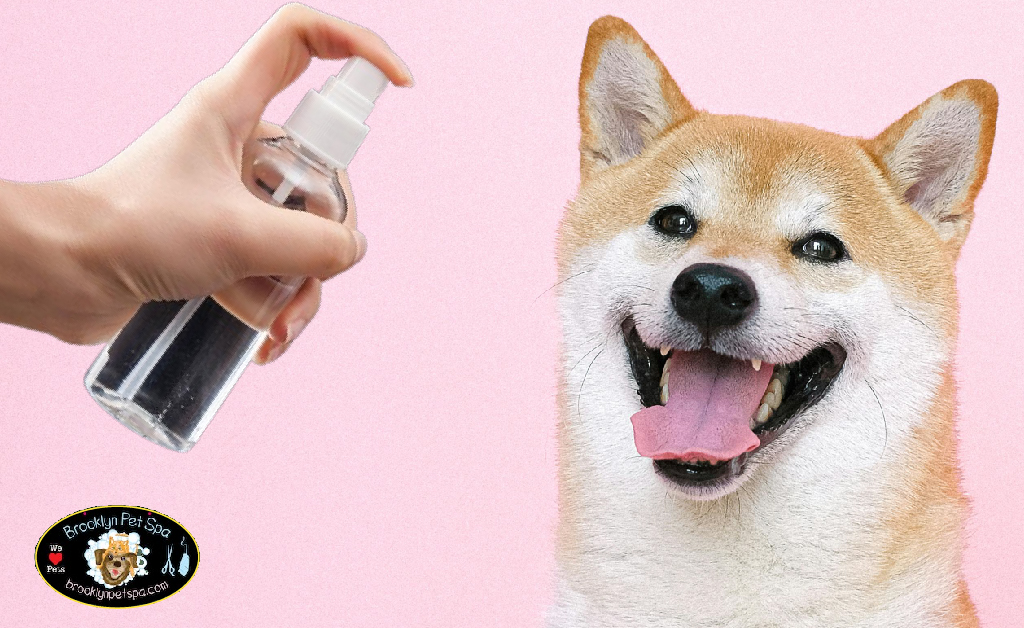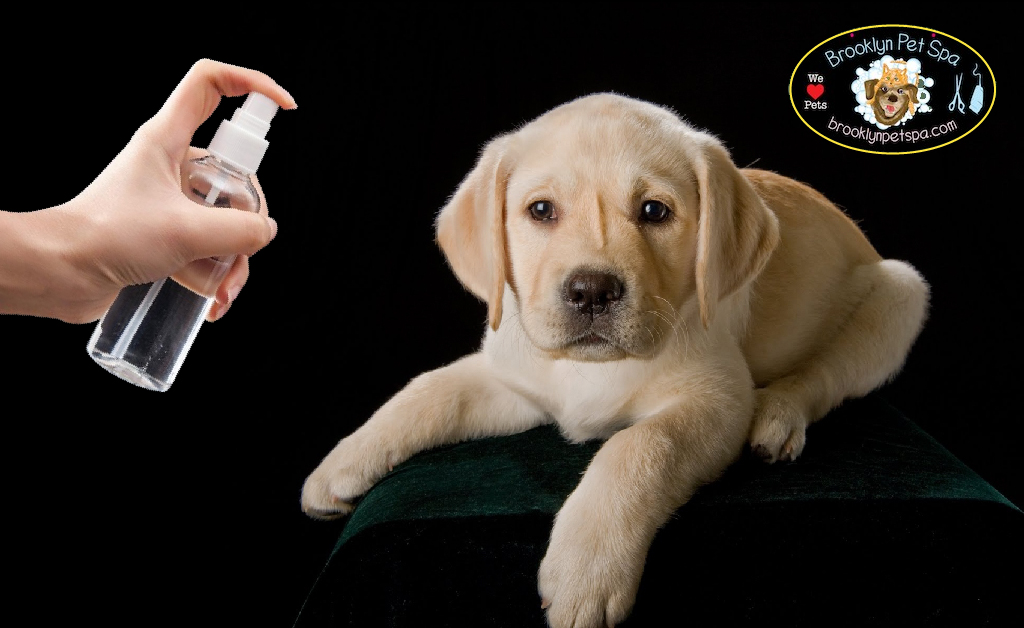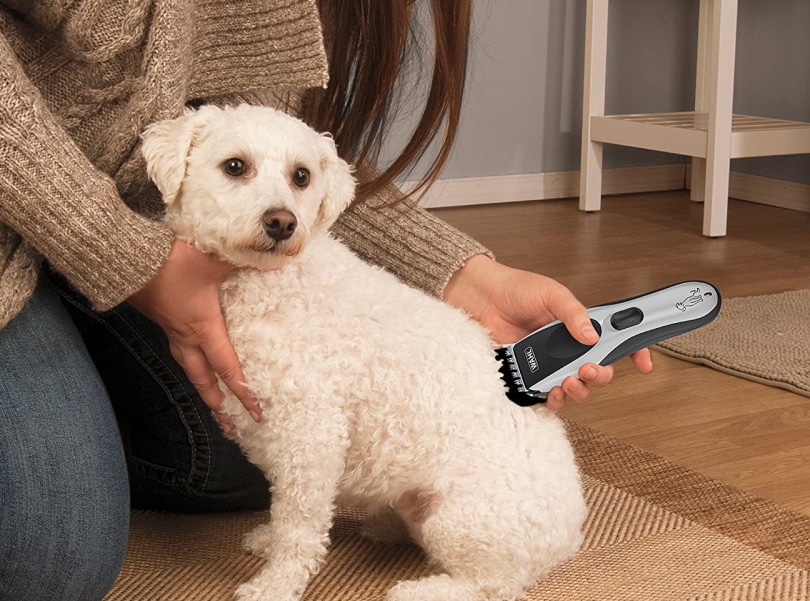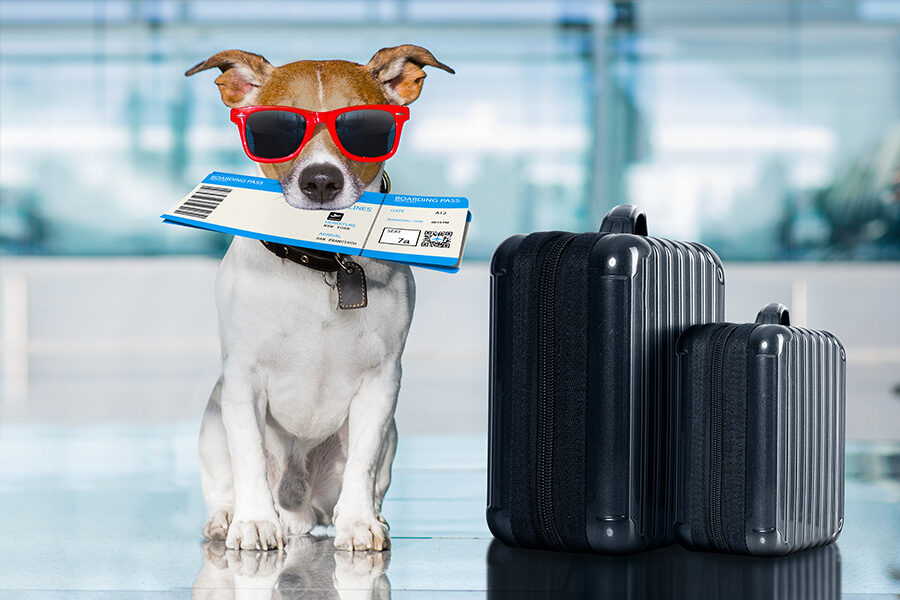Vinegar mixed with water is safe for dogs. You can spray your dog with vinegar and water solution. It’s a safe and natural remedy for fleas, itchy skin, and smell. However, there are other things to consider which are covered below.
Table of Contents
ToggleTypes of Vinegar
White Vinegar
- Production: White vinegar is extracted from grain, usually corn. It is like alcohol at the start. This alcohol then undergoes fermentation. In this process, bacteria turn it into acetic acid. The final distillation results in a clear, colorless liquid with a high concentration of acetic acid (usually around 5-8%).
- Other Names: White vinegar is also called distilled vinegar, spirit vinegar, or virgin vinegar.
- Acidity: White vinegar has a sharp, acidic taste due to distillation. The pH of white vinegar is around 2.5.
- Appearance and Aroma: It’s clear and has a strong, pungent odor.
Apple Cider Vinegar (ACV)
- Production: ACV starts with crushed apples that naturally ferment into alcohol. A second fermentation process uses bacteria (Acetobacter) to convert the alcohol into acetic acid. This liquid is vinegar. The color of ACV is yellow. It has a fruity flavor as compared to white vinegar.
- The “Mother”: Raw ACV often contains a murky substance called the “mother.” Mother consists of beneficial bacteria, yeast, and proteins that form during fermentation.
- Acidity: ACV is less acidic than white vinegar. Its acetic acid content typically ranges from 5-6%.
- Appearance and Aroma: ACV is amber-colored. Its aroma is milder and fruitier than that of white vinegar.
Use of Vinegar for Dogs:
Apple Cider Vinegar Use:
- Internal Use
- Water additive: People add ACV to a dog’s water bowl. Doctors suggest it may aid digestion and offer mild urinary tract support. And have minor benefits for skin health. However, scientific evidence is limited.
- Typical Dosage: Add one teaspoon per 50 pounds of body weight. Add a maximum of twice daily.
- Water additive: People add ACV to a dog’s water bowl. Doctors suggest it may aid digestion and offer mild urinary tract support. And have minor benefits for skin health. However, scientific evidence is limited.
- Skin Use
- Skin and Coat Rinse: Spray dog with vinegar and water to relieve minor irritations or itchy skin. You can use vinegar for dog paws as well. The acidity of ACV changes the PH of the skin. Ultimately, skin becomes unsuitable for Certain bacteria and yeast.
- Typical Dilution: Mix one part of ACV with three parts of water.
- Flea & Tick Protection: Apple cider vinegar is slightly acidic. Some people believe it keeps bugs away. Vinegar and water spray for dogs is best for use. However, there are better ways to protect from fleas and ticks.
- Ear Cleaning (controversial): Some people use apple cider vinegar (ACV) to clean their dog’s ears. But be careful! It’s important to talk to your vet first. ACV can hurt your dog’s ears and make infections worse.
- Skin and Coat Rinse: Spray dog with vinegar and water to relieve minor irritations or itchy skin. You can use vinegar for dog paws as well. The acidity of ACV changes the PH of the skin. Ultimately, skin becomes unsuitable for Certain bacteria and yeast.
White Vinegar
- Cleaning: White vinegar is good for cleaning where your dog lives. It helps kill germs and smells.
- Bowls, Toys, Surfaces: Clean bowls, toys, and messes with white vinegar and water.
- Pet accidents: White vinegar can help get rid of the smell of dog pee.
- Very Limited Skin Use: White vinegar is too harsh to put directly on a dog’s skin. White vinegar is not safe for dogs as compared to ACV. Add a lot of water if you use white vinegar. Apple cider vinegar is a better choice. It is safe to talk to your vet first.
How to Use a Vinegar Spray on Your Dog
Materials
- Apple Cider Vinegar (ACV): Choose cloudy organic apple cider vinegar. The cloudy stuff is called “the mother,” and it’s suitable for dogs.
- Water: Clean, filtered, or distilled water is best.
- Spray Bottle: A clean, empty spray bottle.
- Optional: You can add a few drops of lavender oil, but only if your dog is okay with it.
Dilution Ratio
Mix one part apple cider vinegar with three parts water. If your dog has sensitive skin, start with even less vinegar and slowly add more.
Uses and Instructions
- Flea and Tick Protection:
- Pour your apple cider vinegar mixture into a spray bottle. You can add a few drops of lavender oil make it more effective.
- Before going outside, gently spray your dog’s fur with the mixture. Don’t spray their face or eyes.
- Spray more of the mixture on your dog’s fur if needed, especially after swimming or bathing.
- Itchy Skin Relief:
- Create the ACV solution in the spray bottle.
- After a bath, spray the diluted ACV mixture onto irritated skin areas.
- Let the mixture air dry on your dog’s skin. You don’t need to rinse it off unless your dog doesn’t like it.
- Coat Shine and Reduce Smell:
- Follow the same spray and air-dry process as for itchy skin.
- The ACV can smoothen the hair cuticles and temporarily finish off the smell.
Precautions for Using Vinegar with Dogs
- Always Mix with Water: Never put strong vinegar directly on your dog’s skin, fur, or ears. It’s too acidic and can hurt them.
- Start Small: Before using vinegar on a big part of your dog’s skin, test it on a small spot first. Wait for 24 hours to see if their skin gets red or itchy.
- Avoid Sensitive Areas: Never apply vinegar near your dog’s eyes, nose, mouth, or any open wounds.
- Ears Carefully: Using vinegar to clean your dog’s ears can be risky. Some say it works if you mix it with a lot of water, but it’s best to talk to your vet first. It could make ear problems worse.
- Don’t Force Dog: If your dog doesn’t like the vinegar spray, stop using it. The smell might be too strong for them. There are other ways to help their skin or Coat.
- Ingestion Concerns: You can add a little vinegar to your dog’s water sometimes, but don’t give them a lot. Too much can upset their tummy and might not be suitable for them.
- Veterinary Advice is Key: Always talk to your vet before using vinegar on your dog, even for minor skin problems. Your vet can check for anything else that needs a different treatment.
- Not a Magic Cure: Vinegar can be helpful for dogs. But it doesn’t replace vet visits, flea/tick medicine, or a good diet.
A Final Word
Vinegar, especially apple cider vinegar, can be helpful for dogs. Mix it with water in the correct portion to make homemade water vinegar spray dogs. It can soothe skin, help keep away fleas and ticks, and make your dog’s fur smell better. Vinegar can be helpful for some things, but it’s not a miracle worker. If your pup faces a severe health issue, it’s always best to check in with your vet. And remember, vinegar shouldn’t replace things like flea and tick prevention or those important regular checkups.
FAQs:
Q1. Is vinegar safe for dogs?
Yes, vinegar is safe for dogs if you use it the right way. Mix it with water first. Apple cider vinegar is best.
Q2. Is white vinegar safe for dogs?
White vinegar is okay for cleaning your dog’s stuff (bowls, toys) and getting rid of pet smells. But it’s usually too strong for their skin.
Q3. Is vinegar poisonous to dogs?
Vinegar is not poisonous for dogs in small amounts. Add only a little bit of vinegar to your dog’s water. Too much vinegar can upset your dog’s stomach.
Q4. Can dogs drink vinegar?
Dogs can drink Apple cider vinegar. It can benefit dogs when given in small, diluted amounts. Add one teaspoon per 50 pounds of body weight to their water.
Q5. Does vinegar hurt dogs?
Vinegar hurt dogs if you use it without mixing in water.


